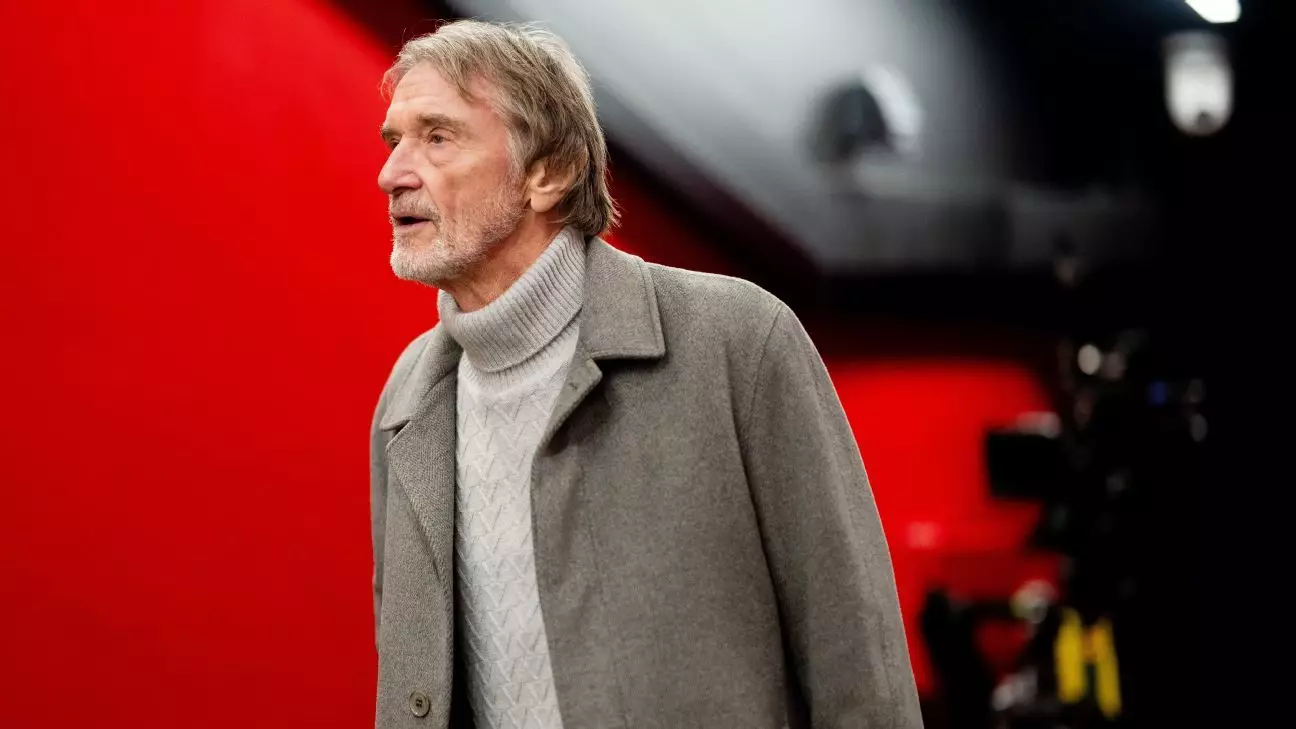In a stark reminder of the financial turmoil gripping elite football clubs, Manchester United has announced plans to lay off between 150 and 200 staff members as part of an ongoing effort to cut costs. This announcement follows an initial wave of redundancies last season that saw approximately 250 employees depart. As the club grapples with immense financial pressures, these layoffs exemplify the difficult decisions being made in an attempt to restore financial stability and competitiveness on the field.
The latest round of job cuts comes just as the club marks the one-year anniversary of Sir Jim Ratcliffe’s co-ownership, throwing a spotlight on his ambition to revitalize the legendary club. CEO Omar Berrada expressed the complex nature of these decisions in a recent statement, articulating the organization’s dual commitments to both athletic success and financial prudence. “We have a responsibility to put Manchester United in the strongest position to win across our men’s, women’s, and academy teams,” he said. Such claims underline a fundamental belief within the club that the necessary groundwork for future success includes immediate and painful financial adjustments.
The stark reality of Manchester United’s financial situation has been laid bare with reported losses exceeding £300 million over the past three years. Recent financial disclosures further illustrate the gravity of the situation, noting a revenue decline to £198.7 million for the final quarter of 2024, a significant drop from £225.8 million in the previous year. This continuous struggle to achieve profitability raises questions about the club’s long-term viability and prospects for success in a fiercely competitive football landscape.
Accompanying the job cuts, Manchester United has also revealed plans to consolidate operations by relocating certain staff from their iconic Old Trafford stadium to the Carrington training ground. Measures are being implemented to reduce the club’s presence at their London office, indicating a strategic shift towards greater efficiency. Moreover, in another cost-saving initiative, the provision of free lunches at Old Trafford will be terminated, a move that reportedly could save the club over £1 million annually. Such operational changes not only reflect financial necessity but also indicate an organizational desire to adapt to the current economic climate.
While the future of Manchester United hangs in the balance, the club’s leadership remains steadfast in their commitment to rectify the current financial disarray. The path ahead will likely be fraught with challenges as they navigate the complexities of rebuilding both their workforce and their reputation as a football powerhouse. As the club endeavors to balance immediate financial concerns with the long-term goal of sporting success, fans and stakeholders alike will be watching closely to see how these decisions shape the club’s future trajectory. The hope remains that, through these drastic measures, Manchester United will emerge stronger and more competitive, reclaiming its former glory in the world of football.

